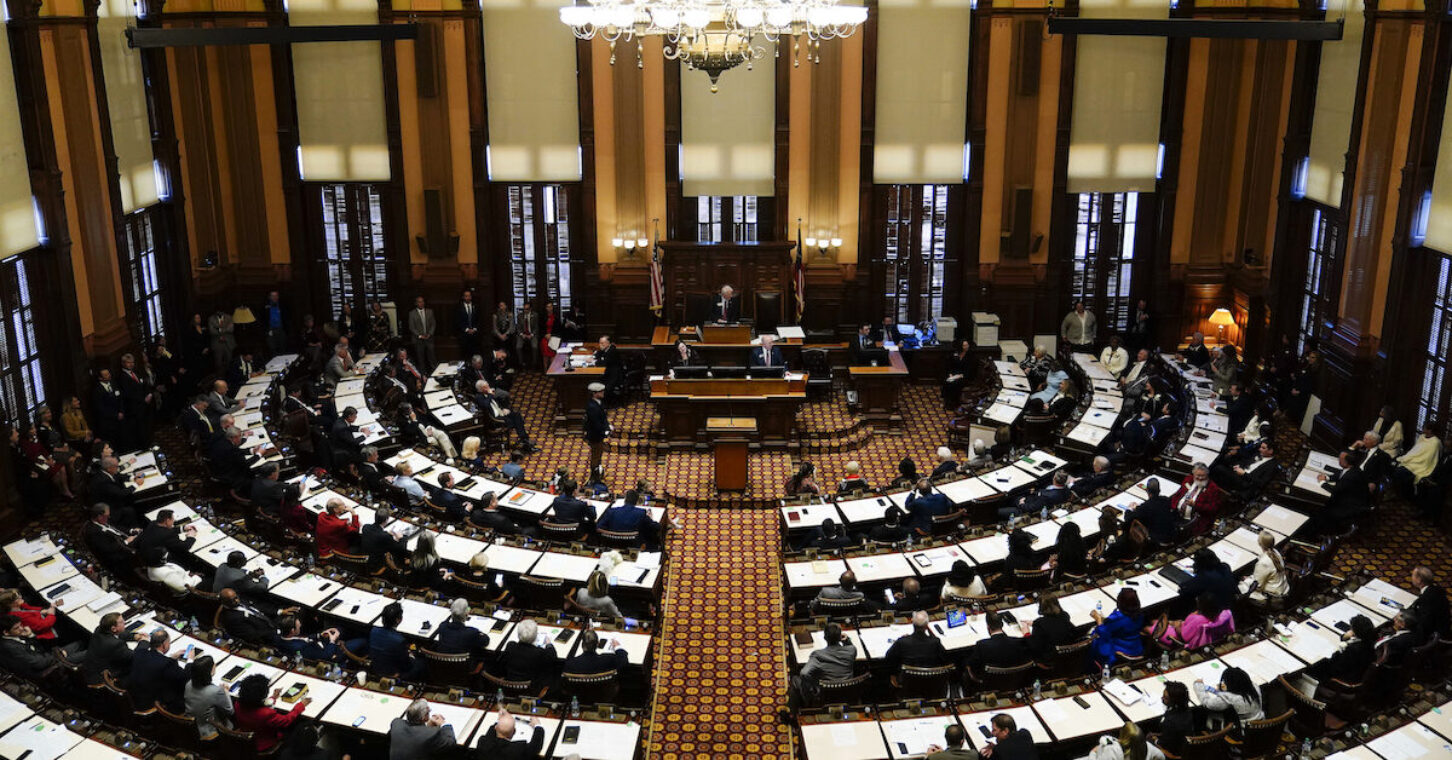
We are in the heart of the legislative session, with only 13 days left on the calendar.
And on Monday, we will hit our first major deadline of the year, Crossover Day. A bill has to pass out of its legislative chamber of origin by the end of the day on Monday, or it is dead for the year. There are technical maneuvers available, so while no legislation is ever truly “dead,” here is a recap of what we are following under the Gold Dome.
Education
Legislation to expand school choice in Georgia has been introduced and is currently moving in both chambers. You can read more about the national momentum for school choice, and why parents deserve these options, here.
- Senate Bill 233: This would create education scholarship accounts that families could use to pay for tuition, tutoring, curriculum and other educational expenses. It has advanced out of the Senate Education and Youth Committee, and awaits a full vote on the Senate floor.
- Similarly, a proposal to expand the tax credit scholarship is still being considered in the House.
Healthcare
The debate over Georgia’s Certificate of Need (CON) laws has raged since the 1980s, and we have seen movement on the issue this year. Here is our background on the issue.
- Senate Bill 99: This would remove CON requirements for rural acute care hospitals. It passed the Senate earlier this week and now heads to the House for consideration.
- Senate Bill 162: This would replace the state’s CON requirement for new health facilities and services with a special healthcare services license. It has advanced out of the Senate Regulated Industries Committee and awaits a vote on the Senate floor.
- House Bill 557: This would expand prescription authority for physician assistants (PAs) and advanced practice registered nurses (APRNs) while also expediting the process to enter into an agreement with a supervising physician. It has cleared the House Public Health Committee and awaits a vote on the House floor.
- House Bill 203: This would amend telemedicine laws to include eye examinations. It passed the House unanimously and is headed to the Senate.
- House Bill 445 and Senate Bill 102: These bills would have allowed certified registered nurse anesthetists (CRNAs) to work pursuant to an order from a physician, rather than under the direct supervision of a physician. Under current law, surgeons often fulfill the requirement and provide onsite supervision despite a lack of anesthesiology training. Each failed in their respective committees.
Housing
Tackling the rapidly rising costs of housing in Georgia has been top of mind for lawmakers. Earlier this year, we released our second study on how government regulations increase housing costs.
- House Bill 514: This would reduce bans on local zoning moratoriums for no more than 180 days. This bill advanced out ofthe House Governmental Affairs Committee and awaits action on the floor.
- House Bill 517: This would prohibit local governments from implementing or enforcing aesthetic design standards. It would also prohibit local governments from enacting lot and home size minimums below certain thresholds. The House Governmental Affairs Subcommittee on State and Local Government held a hearing on this bill, but the full committee has not yet voted on this legislation.
Regulatory reform
While Georgia is regularly touted for its business-friendly environment, we still see a number of barriers to work for many entrepreneurs. We talked about that earlier this year, and lawmakers are working on some of these issues.
- House Bill 155: This would require licensing boards to recognize occupational licenses obtained in other states when an individual moves to Georgia. To date, 19 states have adopted universal recognition, but Mississippi is currently the only Southern state to do so. This passed the House without a dissenting vote and is now headed to the Senate.
- Senate Bill 163: This would remove some of the current regulations on craft brewers in Georgia. It is awaiting action in the Senate Regulated Industries Committee.
- Senate Bill 157: This would clarify the standards for licensure eligibility for a person with a criminal record. Specifically, it removes vague “moral turpitude” licensing criteria, while allowing licensure denial only if there is a direct relationship between a criminal record and the licensed occupation. It cleared the Senate Judiciary Committee and awaits action on the floor.
- House Bill 212: This would allow individuals who only provide niche beauty services including blow-dry styling, braiding, threading or makeup application to do so without being licensed by the state. It passed the House Regulated Industries Committee but was tabled on Thursday.
